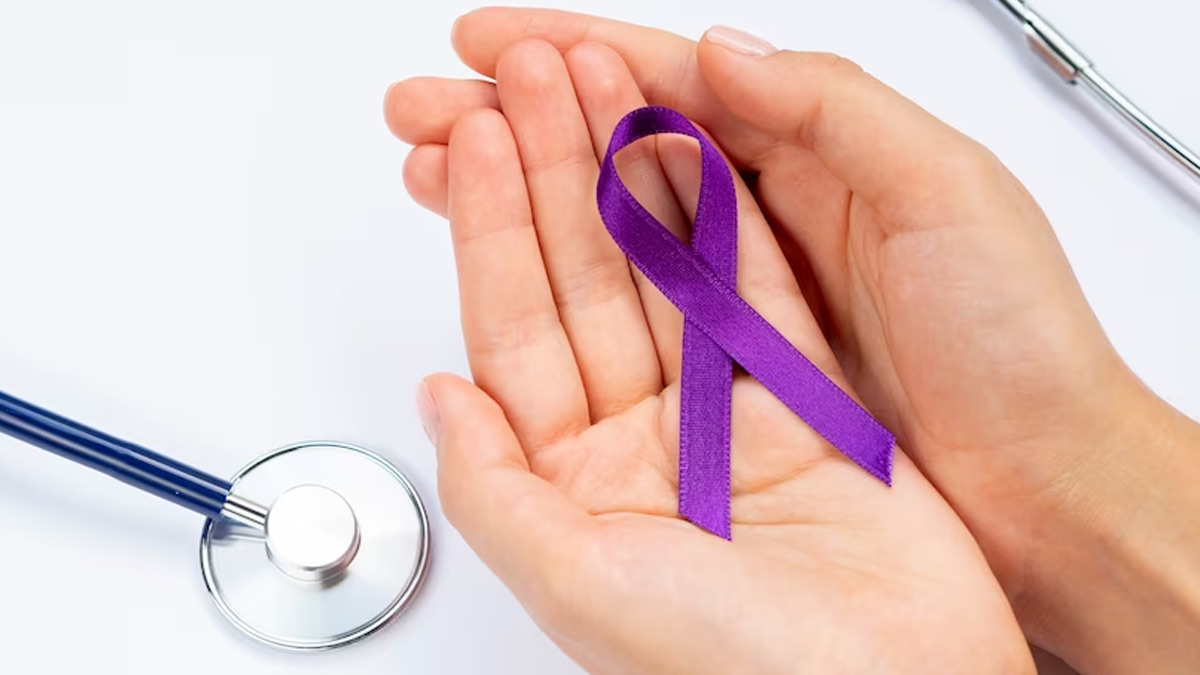

There have been several breakthroughs in cancer treatment; some have proven effective, while others are yet to make their mark. Vitamin B17, medically termed as laetrile and an artificial form of amygdalin, has been promoted as an alternative cancer treatment. However, it lacks reliable evidence to support its efficacy. In this article, we will find out why vitamin B17 was associated with cancer treatment in the first place and the controversy around the drug laetrile. To help us answer, two leading experts share their insights.
Also Read: A Breakthrough! Study Finds ‘Significantly’ Higher Accuracy In Prostate Cancer Diagnosis With A 10-Minute Scan
Claims

Vitamin B17, laetrile, or amygdalin claims to be a natural cancer fighter, due to the mechanism called apoptosis, a programmed cell death, described as an ordered and orchestrated cellular process by the Journal of Experimental & Clinical Cancer Research.
Some people suggest that laetrile releases a chemical called cyanide in the body, which causes apoptosis (cell death) in cancer cells, preventing cancer, says Dr Soumita Biswas, Chief Nutritionist, Aster RV Hospital, Bengaluru. However, yet again, there is not enough scientific evidence to support the claim.
What Is The Reality

Dr Samir Batham, Senior Consultant-Radiation Oncology, HCG Cancer Centre, Ahmedabad, says, “Vitamin B17 is a compound found naturally in plants such as apricot kernels and is often associated with alternative medicine. When consumed, Vitamin B17 breaks down into cyanide, which targets cancer cells while sparing normal cells. However, consuming Vitamin B17 can be potentially hazardous due to its cyanide content, leading to severe health risks. Also, no strong scientific evidence supports the use of Vitamin B17 for cancer treatment.”
“Vitamin B17 is not recognised as a vitamin by most medical organisations,” he adds.
The US Food and Drug Administration (FDA) has also warned against the use of laetrile (vitamin B17) for any medical issues, including cancer. The FDA even issued an import alert for the drug due to lack of scientific backing.
Vitamin B17 (laetrile) is a partly man-made substance derived from amygdalin. It was first created in 1952 by Dr. Ernst T. Krebs, Jr. and became a popular cancer treatment alternative in the 1970s. Currently, it is banned by the FDA and hasn’t been available since 1980.
Also Read: Cardiorespiratory Fitness Can Decrease The Risk Of Nine Types Of Cancers: Study
The Risk Of Cyanide Poisoning

Taking amygdalin for cancer treatment holds several health risks, the most obvious one being cyanide poisoning. A case study published in the Journal Case Reports in Emergency Medicine found evidence of cyanide poisoning in a 73-year-old Arabic female with a history of pancreatic adenocarcinoma, who ingested three amygdalin tablets prescribed by the doctor.
“Approximately 45 minutes later, she developed altered mental status, along with diaphoresis, tachycardia, vomiting, dizziness, and crampy abdominal pain. In the emergency department, the patient was noted to be confused, making incomprehensible sounds and withdrawing from pain with a GCS of 10… The patient had pale, cool, and red skin discoloration,” the report read.
She was then given hydroxocobalamin, an antidote for cyanide poisoning.
Bottomline
Cancer is one of the leading causes of death worldwide. However, medical experts are continuously looking for ways to minimise the mortality rate. It is important to opt for treatments that are backed by scientific evidence and have a significant success rate. In addition, making healthier lifestyle choices can help in reducing your risk of the deadly disease.
اكتشاف المزيد من ينبوع المعرفة
اشترك للحصول على أحدث التدوينات المرسلة إلى بريدك الإلكتروني.
